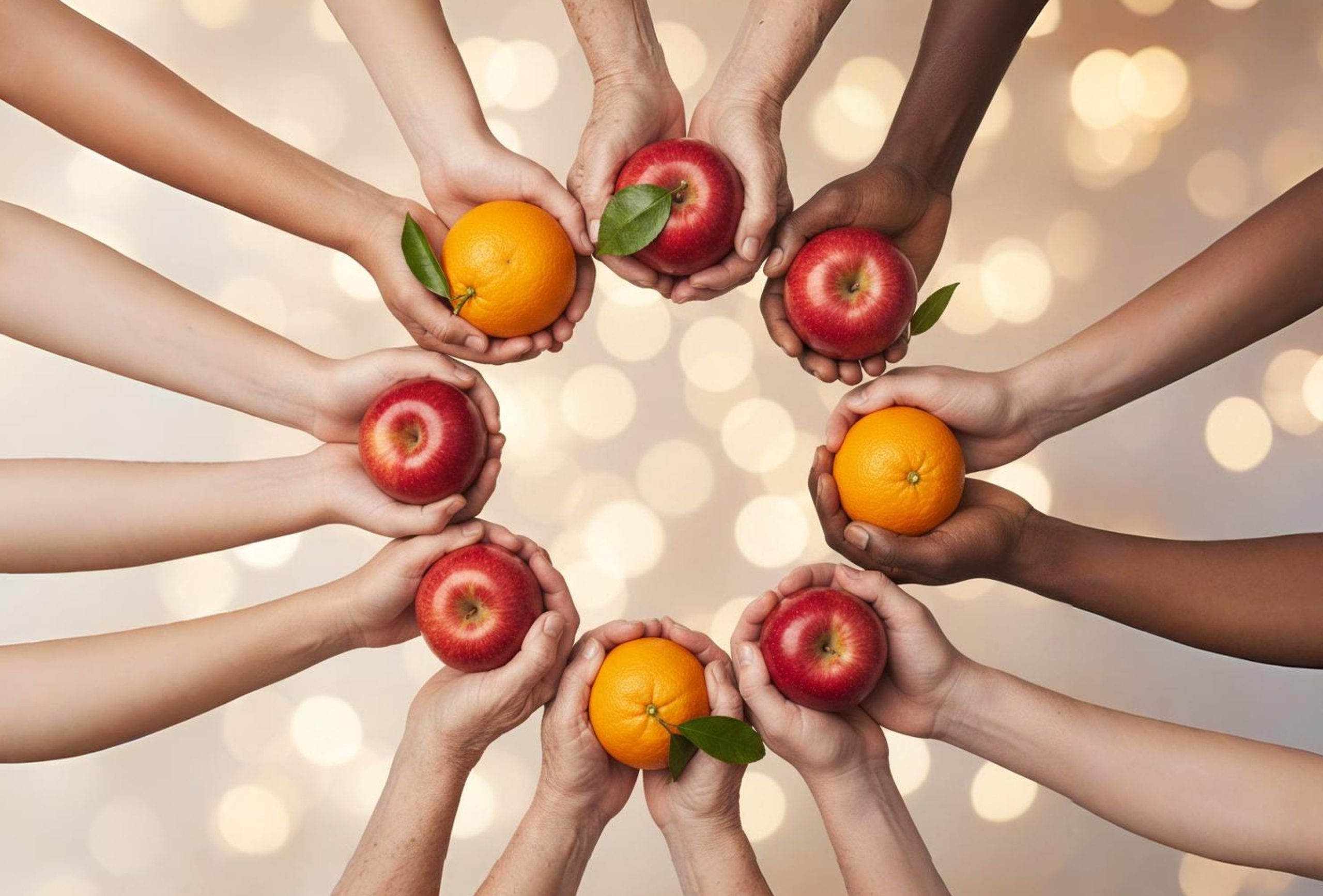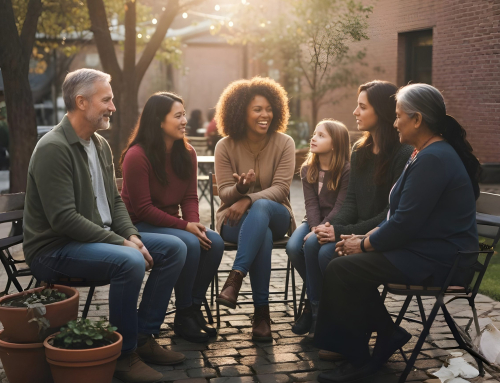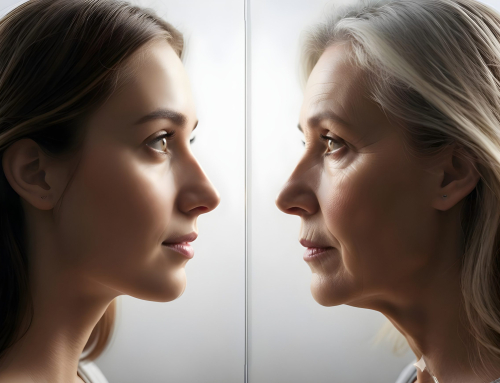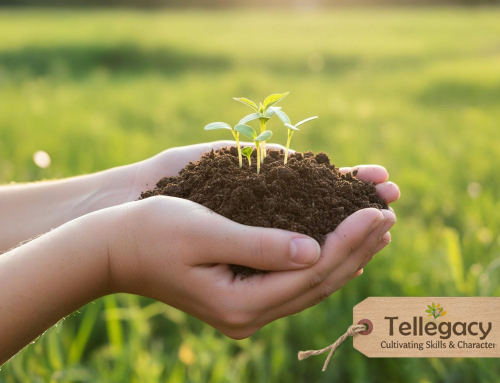Everywhere we look, there’s a quiet (and sometimes not-so-quiet) competition happening — in workplaces, classrooms, even on social media. Who’s smarter? Who’s stronger? Who’s more qualified, more innovative, more something.
But here’s the truth: our society was never meant to run on better or worse. We were meant to live and grow in a world of difference — a world of apples and oranges. Both fruit, both nourishing, both necessary.
We forget that. We start ranking fruit.
The Problem with “Isms”
“Isms” are what happen when we forget that apples and oranges were never supposed to compete. Racism, ageism, sexism, elitism — each is built on the idea that someone must be higher, and someone must be lower. It’s a toxic logic, one that quietly teaches us to see value through comparison instead of contribution.
But real progress has never come from comparison. It’s come from collaboration — from people of vastly different backgrounds using what they already have, bringing it to the table, and saying: Here’s what I can contribute to make things better.
It’s Not Luck. It’s Social Intelligence.
People often talk about “talent,” “luck,” or the mysterious “X factor” that helps certain individuals rise to the top. But look a little closer and you’ll see something far simpler — and far more powerful.
It’s a social factor.
It’s people who know how to communicate across differences. People who treat others with respect, regardless of background. People who lean into their natural gifts, refine them, and use them in ways that uplift everyone around them.
They don’t climb ladders; they build bridges. And bridges last longer than ladders ever do.
The Roger Maris Story
I think about Roger Maris — a man who decided he wanted to get really good at baseball, so he did. His focus wasn’t on being better than anyone else. It was on honoring his gift. He worked hard, built relationships, and gave his best to the sport he loved.
And somehow, that simple choice — to pursue what he loved with excellence and humility — led to something far greater than baseball.
Today, his name is attached to the Roger Maris Cancer Center in North Dakota, a facility that made history by introducing bone marrow treatments to the region for the first time. A baseball player helped change healthcare — not through hierarchy, but through humanity.
All because he focused on what he could do best, and he did it in collaboration with others.
A Better Question
Instead of asking who’s more talented or more deserving, maybe the question we should be asking is this:
Where and how can my skills make society better?
That’s the kind of question that doesn’t divide — it multiplies impact. It reminds us that the goal isn’t to be “more” or “less,” “good” or “bad.” It’s to understand where our unique strengths fit into a bigger picture.
Because context — not comparison — is what makes society thrive.
One Apple and One Orange at a Time
If we want to build a healthier, more connected world, we have to stop trying to win it. We have to start learning from one another — learning with one another.
When an apple and an orange sit down and decide to collaborate instead of compete, something extraordinary happens. New flavors emerge. New possibilities open up. And society gets just a little more whole.
Because at the end of the day, “isms” don’t work. They never did.
But collaboration — that’s how the world gets better, one apple and one orange at a time.






